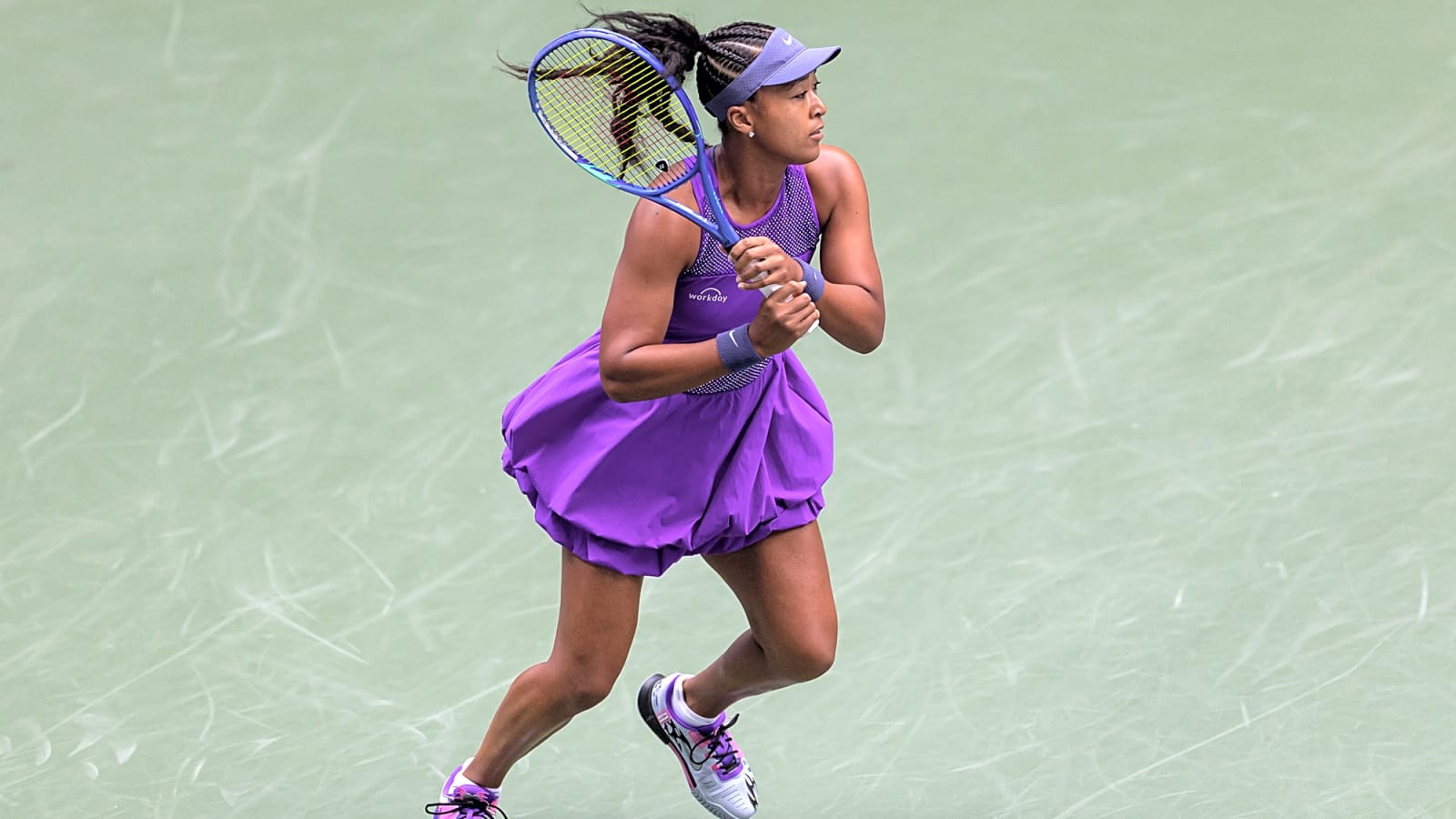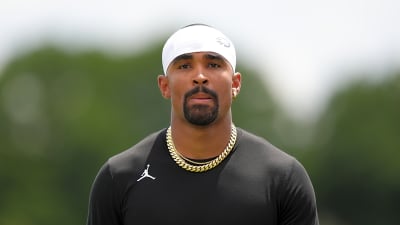
Naomi Osaka may have booked her place in the third round of the US Open with a commanding 6-3, 6-1 win over Hailey Baptiste, but it was her words off the court that stole the spotlight. The four-time Grand Slam champion was asked about Jelena Ostapenko’s controversial comments directed at American Taylor Townsend, in which the Latvian accused her opponent of having “no education” and “no class” during a heated exchange over net-cord etiquette.
Osaka, never one to shy away from speaking her mind, called the remark “terrible” and one of the worst things you could say to a Black tennis player. “Obviously it’s one of the worst things you can say to a Black tennis player in a majority-white sport,” she told reporters during her press conference. “I know Taylor, I know how hard she’s worked, I know how smart she is. She’s the furthest thing from uneducated.” For Osaka, the matter wasn’t about tennis protocol — it was about history and respect. “I don’t know if [Ostapenko] knows the history of it in America, but I know she’s never going to say that ever again in her life.”
While some debate has centred on whether players should apologise after a lucky net-cord winner, Osaka brushed off the sporting etiquette question. “Honestly, I probably don’t care either way. And I definitely wouldn’t care to the point where it would affect me that much,” she said.
In her view, such incidents are part of the game, and making or not making an apology should never escalate to insults about intelligence or class. Her clear, firm stance stood out in a press room that has spent the past 24 hours dissecting Ostapenko’s outburst.
The timing of the controversy — unfolding during the first week of the year’s final Grand Slam — only amplifies its impact. Tennis prides itself on its traditions of etiquette and respect, yet Osaka highlighted how damaging certain words can be when hurled at a Black player in a largely white sport.
“It’s just terrible. That’s really bad,” she said, underscoring how far the sport still has to go when it comes to sensitivity and accountability. In a single response, Osaka both defended Townsend and reminded the tennis world of its responsibility to understand the cultural weight of language.
A Defender of Players’ Respect
Osaka’s comments resonate not only because of her platform as a multiple major champion but also because of her history of advocacy. From taking stands against racial injustice during the 2020 US Open to speaking openly about mental health, she has consistently used her voice to address issues bigger than tennis. By defending Townsend so strongly, Osaka once again positioned herself as more than just a competitor; she became a defender of respect and fair treatment on tour.
Balancing the Personal and the Political
What made Osaka’s intervention so striking was its balance of empathy and bluntness. She didn’t simply dismiss Ostapenko’s remarks as “heat of the moment.” Instead, she contextualised them: ill-timed, aimed at the worst possible target, and carrying baggage that Ostapenko may not have understood but should never repeat. By doing so, she defended a peer while calling out the larger implications for the sport itself.
On-Court Focus, Off-Court Honesty
None of this overshadowed Osaka’s actual performance against Baptiste, which was one of her most composed matches of the year. She varied her game, kept her emotions in check, and showed the tactical discipline her new coach has been encouraging. But when the microphones were turned on, she demonstrated another kind of discipline — the refusal to let ignorance or disrespect slide. Her victory may have come in straight sets on court, but her strongest point of the day came in a single word: “terrible.”
More must-reads:
- Aryna Sabalenka in rarefied air following back-to-back women's U.S. Open titles
- 10 players from the NFC North who have the most to prove in 2025
- The 'College football FBS nicknames' quiz
Customize Your Newsletter
 +
+
Get the latest news and rumors, customized to your favorite sports and teams. Emailed daily. Always free!








